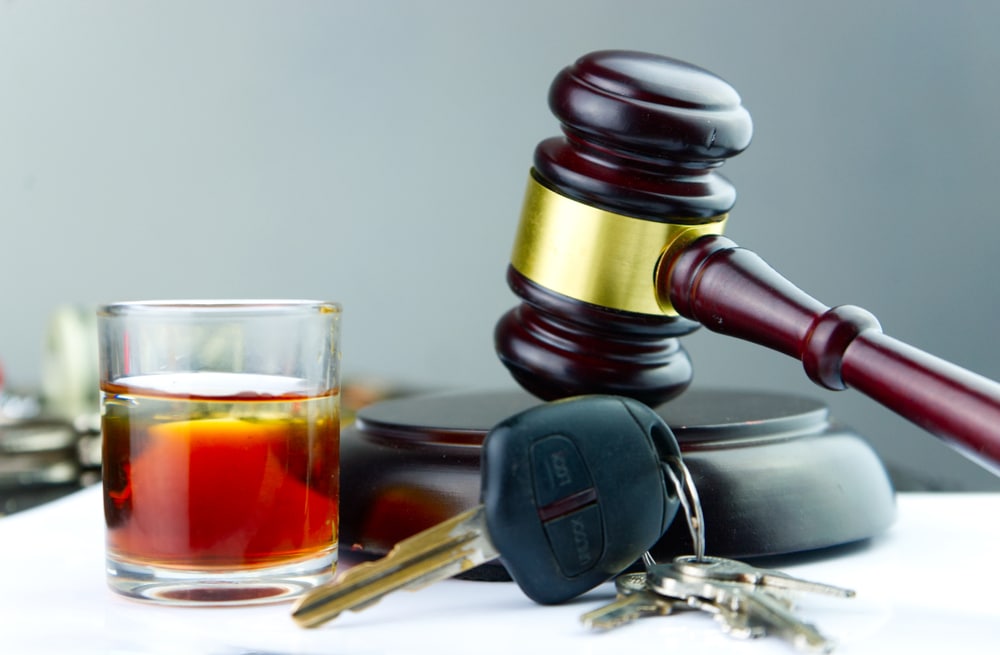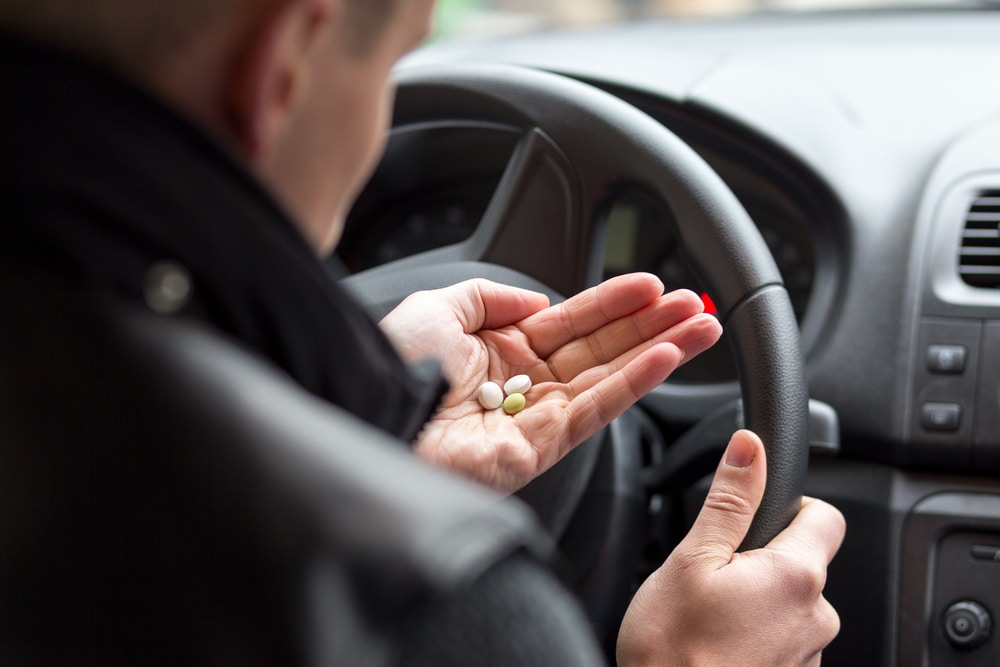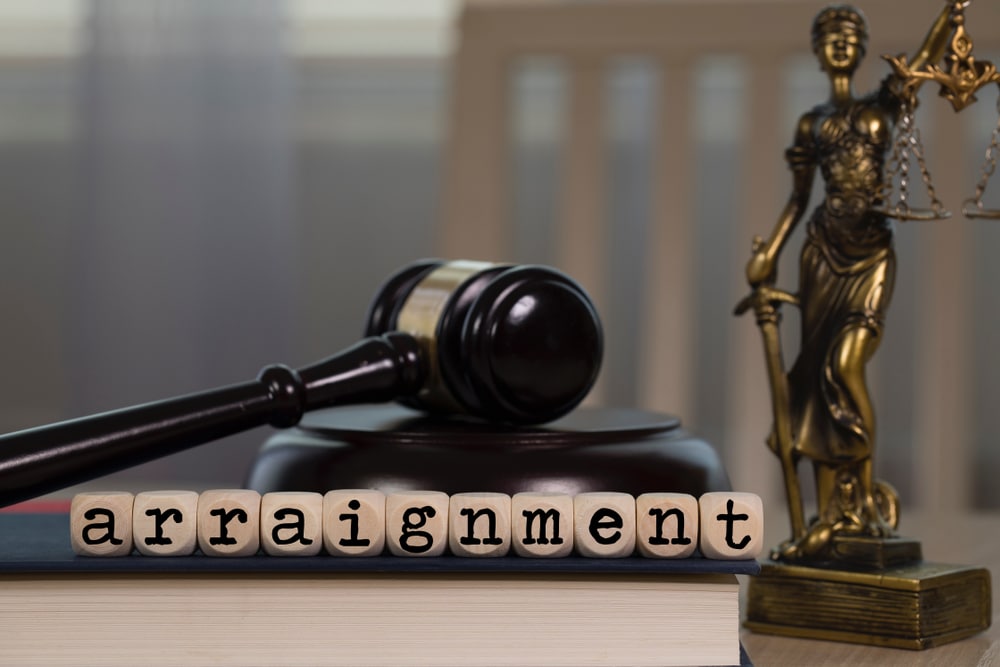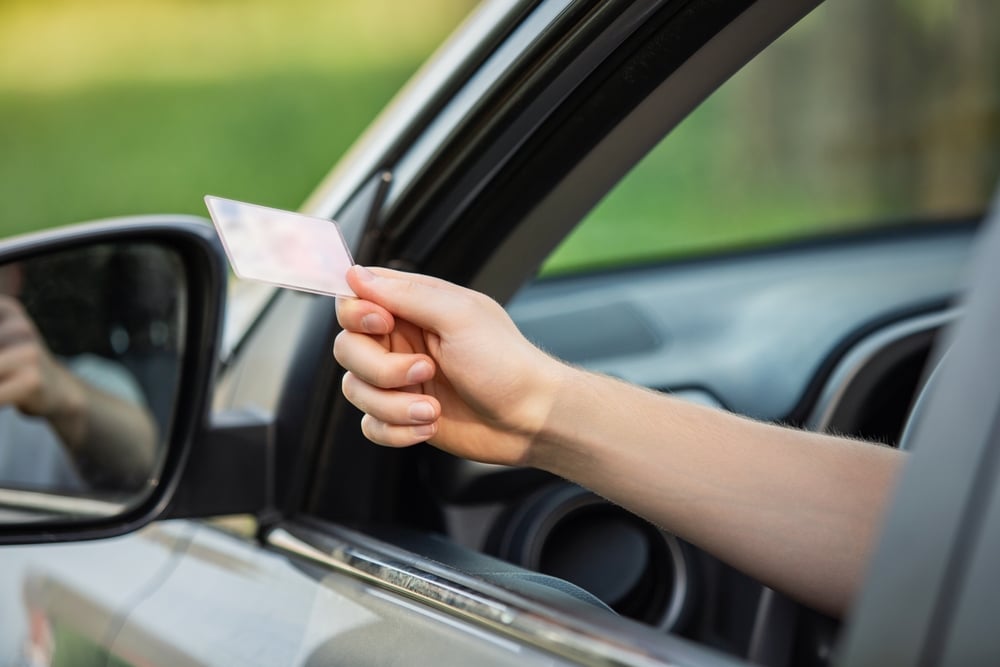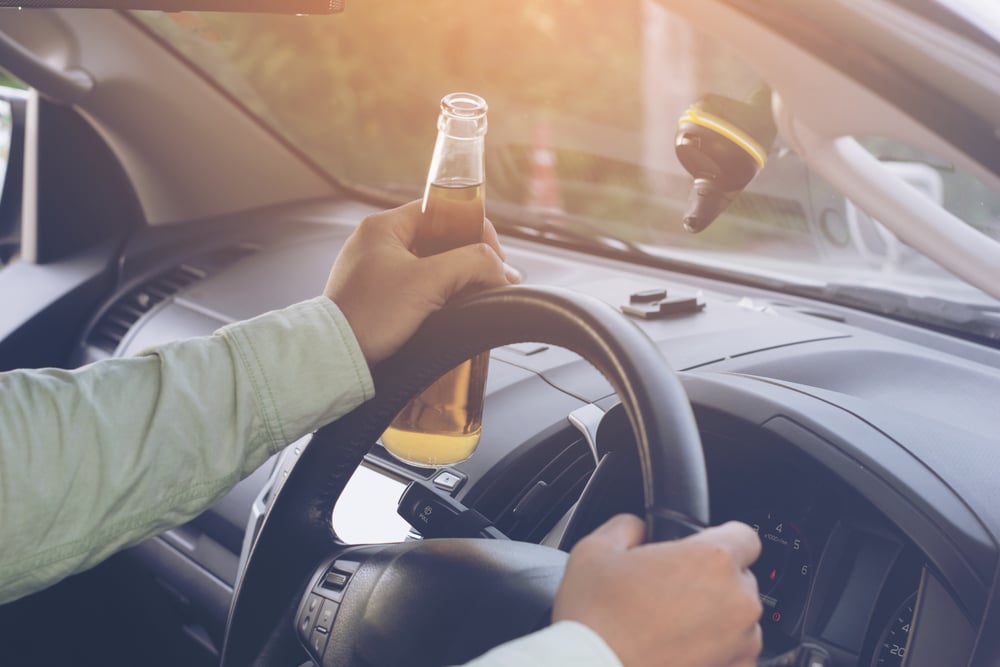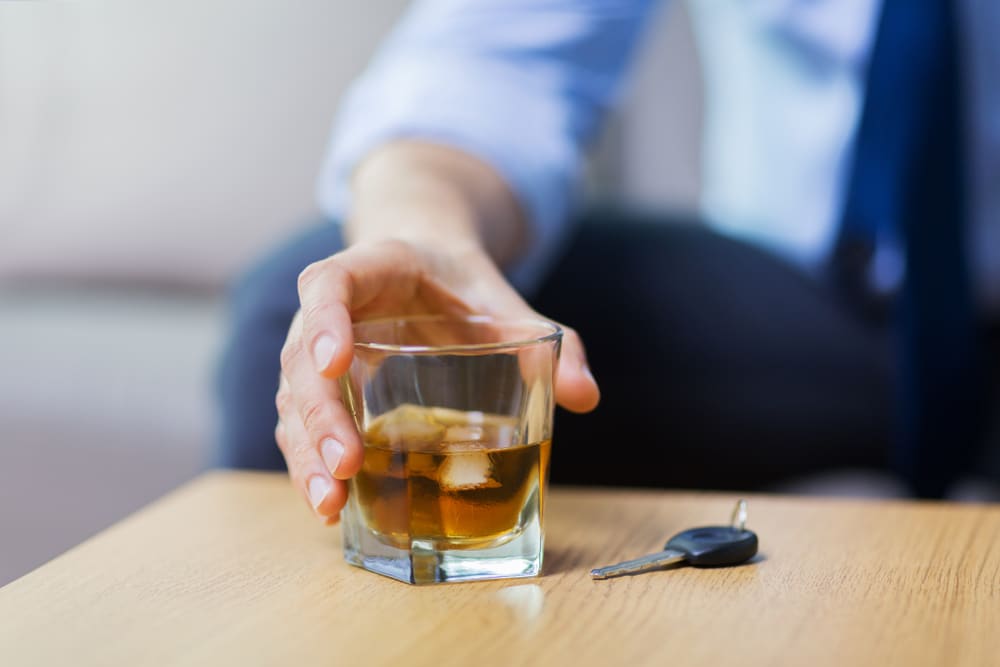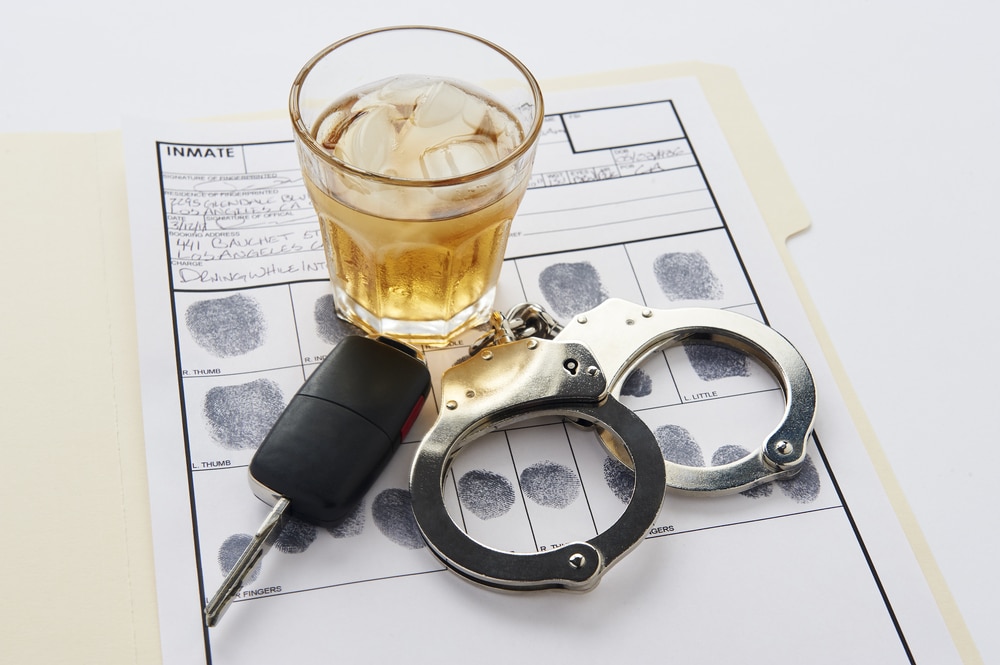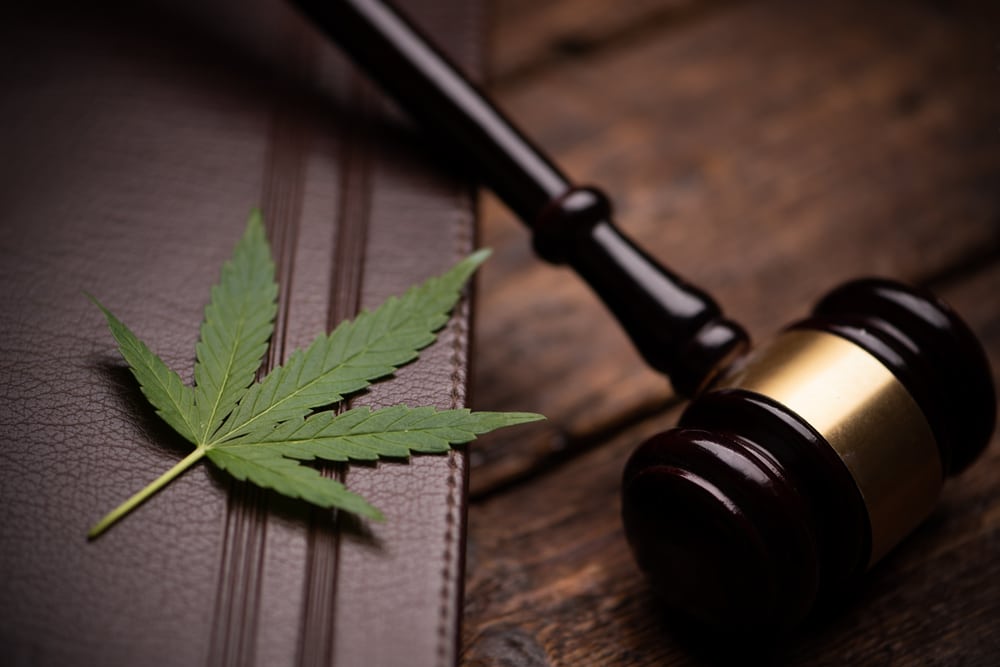Driving under the influence is a very serious offense in New York that requires a skillful and strategic defense. Critically, one of the defenses that may be available to those who have been charged with the offense of driving under the influence is the “necessity defense.” This defense is available in very limited cases in which an individual operated a vehicle with a Blood Alcohol Concentration (BAC) above the legal limit in an emergency situation to avoid an imminent injury. Codified under New York Penal Law § 35.05, the necessity defense is also referred to as the choice of evils doctrine.
How is the Necessity Defense Used in DWI Cases?
To use the necessity defense in a case involving drunk driving, a driver must establish that they operated their vehicle under the influence to prevent a greater evil that was more serious than the harm that could potentially result from a DWI. Specifically, the conduct must have been necessary “to avoid an imminent public or private injury which is about to occur by reason of a situation occasioned or developed” by no fault of the defendant. The imminent injury must be so serious that “according to standards of intelligence and morality,” the urgency associated with avoiding it clearly outweighed the desirability of avoiding the injury the DWI statute seeks to prevent.
Simply put, in order for a DWI defendant to successfully use the necessity defense, they must prove the following:
- They had a reasonable belief that there was an actual threat
- The situation required them to take immediate action
- There was no realistic alternative other than driving under the influence
- The harm caused by driving while intoxicated was not greater than harm avoided
- They did not cause or contribute to the threat
In considering the necessity defense, a court will evaluate whether the specific circumstances of the case would justify it. Typically, the facts must show that the defendant had no alternative other than to drive while intoxicated to prevent harm to themselves or another.
Who Has the Burden of Proof When the Necessity Defense is Asserted in a DWI?
Also known as “justification,” necessity is an affirmative defense. This means the burden of proof shifts to the defendant who must prove by a preponderance of the evidence that their conduct was necessary. This is a much lower burden of proof than the “reasonable doubt” standard that the prosecution must meet at trial.
If the evidence introduced by the defendant is found to be credible, criminal liability will be negated. The burden then shifts back to prosecution, who is required to prove beyond a reasonable doubt that the defendant’s conduct was not justified. In other words, they must disprove the defendant’s affirmative defense. However, it’s important to understand that reasonable doubt does not mean the elimination of all doubt — jurors are still permitted to have a small amount of doubt to find a defendant guilty of a criminal offense.
Contact an Experienced New York Criminal Defense Attorney
If you have been accused of driving under the influence, it’s critical to have a knowledgeable criminal defense attorney by your side who can build a strong defense in your case. The attorneys at D’Emilia Law offer relentless representation for those who have been charged with DWIs and work to obtain the best possible outcomes in their cases. To schedule a consultation, contact us at 1-888-DEMILIA.

